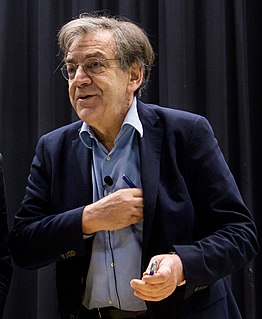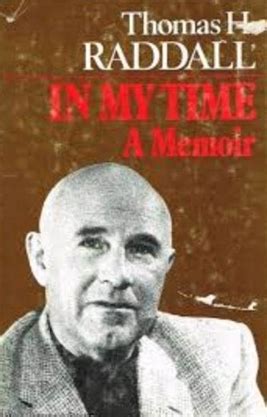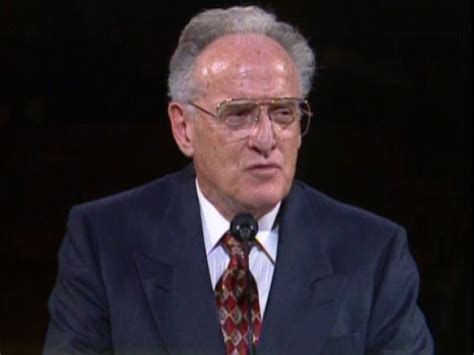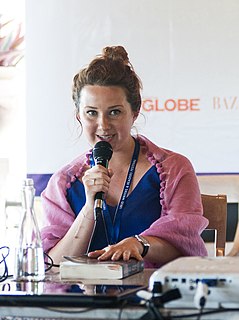A Quote by Joseph Conrad
Life knows us not and we do not know life—-we don’t know even our own thoughts. Half the words we use have no meaning whatever and of the other half each man understands each word after the fashion of his own folly and conceit. Faith is a myth and beliefs shift like mists on the shore; thoughts vanish; words, once pronounced, die; and the memory of yesterday is as shadowy as the hope of tomorrow
Related Quotes
These glorious things-words-are man's right alone...Without words we should know no more of each other's hearts and thoughts than the dog knows of his fellow dog....for, if you will consider, you always think to yourself in words, though you do not speak them aloud; and without them all our thoughts would be mere blind longings, feelings which we could not understand ourselves.
If we wish to know about a man, we ask 'what is his story--his real, inmost story?'--for each of us is a biography, a story. Each of us is a singular narrative, which is constructed, continually, unconsciously, by, through, and in us--through our perceptions, our feelings, our thoughts, our actions; and, not least, our discourse, our spoken narrations. Biologically, physiologically, we are not so different from each other; historically, as narratives--we are each of us unique.
What we are today comes from our thoughts of yesterday, and our present thoughts build our life of tomorrow: our life is the creation of our mind. If a man speaks or acts with an impure mind, suffering will follow him as the wheel of the cart follows the beast that draws the cart. If a man speaks or acts with a pure mind, joy follows him as his own shadow.
THE FATHER: But don't you see that the whole trouble lies here? In words, words. Each one of us has within him a whole world of things, each man of us his own special world. And how can we ever come to an understanding if I put in the words I utter the sense and value of things as I see them; while you who listen to me must inevitably translate them according to the conception of things each one of you has within himself. We think we understand each other, but we never really do.
Even though its common knowledge these days, it never ceases to amaze me that all the richness of our mental life - all our feelings, our emotions, our thoughts, our ambitions, our love life, our religious sentiments and even what each of us regards us his own intimate private self - is simply the activity of these little specks of jelly in your head, in your brain. There is nothing else.
Each man is contained and constrained, on entering social life, to fit his own life in, just as he fits his words and thoughts into a language that was formed without and before him and which is impervious to his power. Entering the game, as it were, whether of belonging to a nation or of using a language, a man enters arrangements which it does not fall to him to determine, but only to learn and respect the rules.
What a wee little part of a person's life are his acts and his words! His real life is led in his head, and is known to none but himself. All day long, the mill of his brain is grinding, and his thoughts, not those of other things, are his history. These are his life, and they are not written. Everyday would make a whole book of 80,000 words -- 365 books a year. Biographies are but the clothes and buttons of the man -- the biography of the man himself cannot be written.
It was only later that I suffocated under the weight of his arguments, and his darker thoughts articulated. It was only later that our tongues produced landslides, that we become caught in the cracks between what we said and what we meant, until we could not find each other, did not trust the words in our own mouths.
Even if someone doesn't look like you or you don't know people like this in your real life, you get to know them and you get to see their humanity and you get to empathize with them. Our hope is that through empathy that can spark change. We hope people start talking to each other and our show sparks conversation because we need to start talking to each other, not at each other.







































